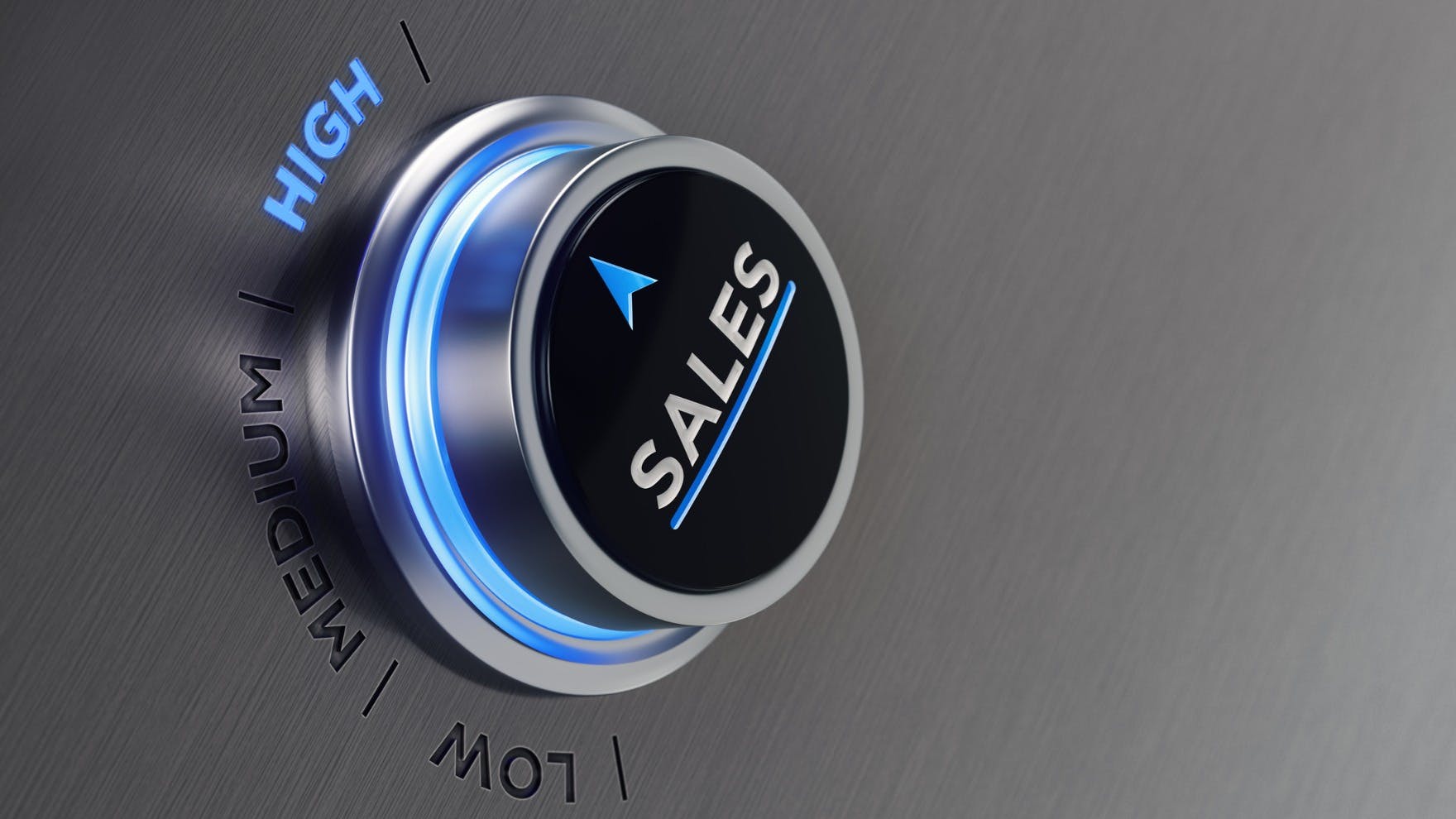Sales Acceleration: Improve Efficiency of Your Sales Process
Casey O'Connor
Sales acceleration describes the practice, processes, and/or tools an organization uses to convert high-quality leads to customers as efficiently as possible.
It refers to an approach to sales that prioritizes moving prospects through the sales pipeline with maximum efficiency to rapidly scale revenue growth.
Sales acceleration strategies are especially important in today’s fast-paced and competitive buying process. Buyers have access to more research tools and information than ever before; sales teams that want to stay competitive need to ensure they’re working at a similarly intentional pace.
In this article, we’ll go over everything you need to know about how to ignite your sales acceleration strategy to close more deals and drive more revenue.
Here’s what we’ll cover:
- What Is Sales Acceleration?
- Benefits of Sales Acceleration
- Traditional vs. Accelerated Sales Process
- How to Develop a Sales Acceleration Strategy
- How Does Sales Acceleration Fuel Growth?
- Tools for Sales Acceleration
- Tips for Implementing a Sales Acceleration Solution
What Is Sales Acceleration?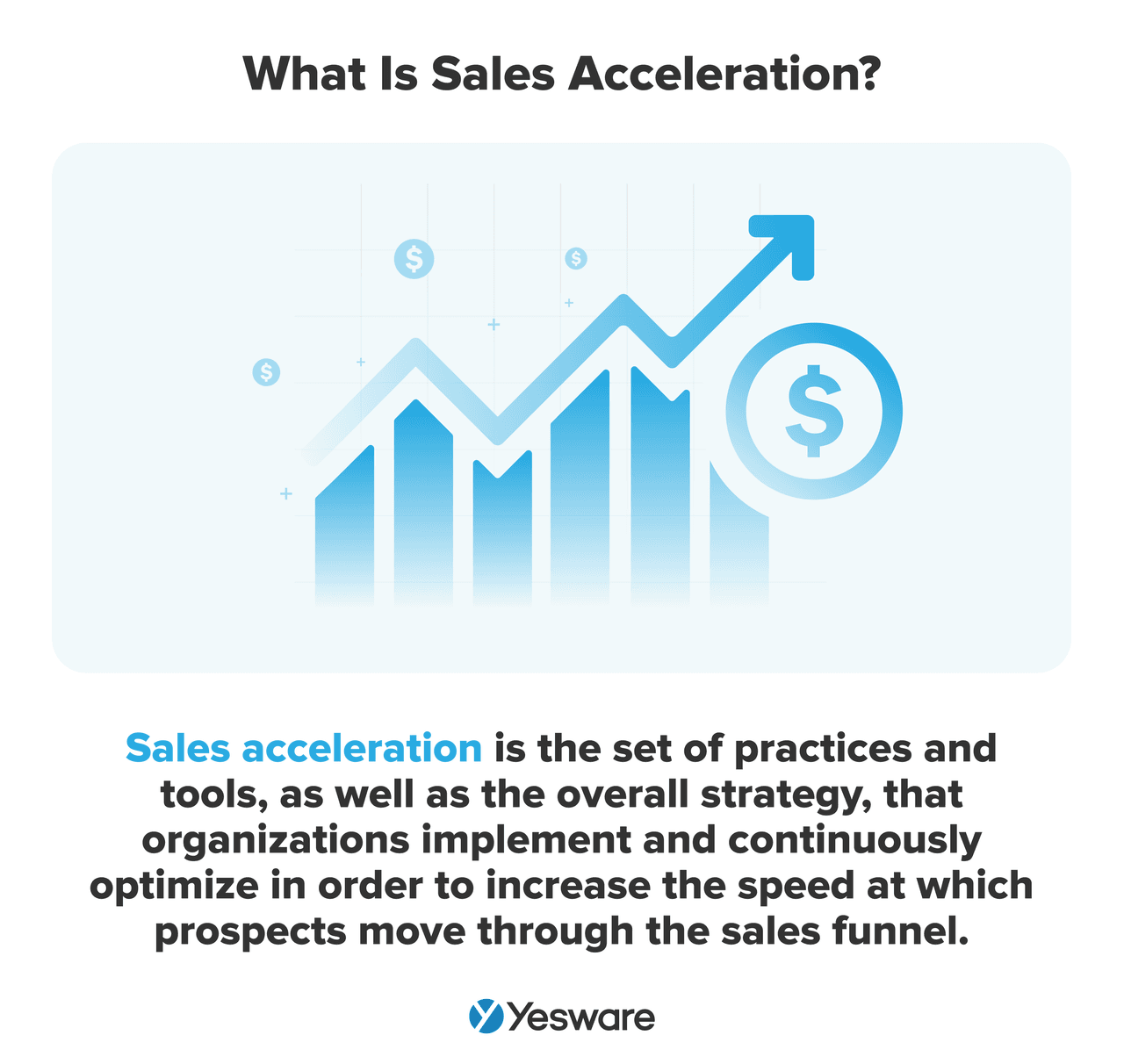
Sales acceleration is the set of practices and tools, as well as the overall strategy, that organizations implement and continuously optimize in order to increase the speed at which prospects move through the sales funnel.
The overall goal of a sales acceleration strategy is to increase the effectiveness and efficiency of the sales process.
Sales acceleration requires an approach and a set of tools that can deliver data and actionable insights to salespeople and marketers at timely moments throughout the sales cycle.
These insights help sellers connect with buyers in an authentic, perfectly-timed manner that enhances the buyer/seller relationship and makes it more likely that buyers will eagerly progress to the next stage.
Sales acceleration is a delicate balance between:
- Integration of various sales platforms and optimized resources
- Collaboration among all revenue-adjacent teams (sales, marketing, sales operations, sales enablement, and customer success)
- Identifying, contextualizing, and leveraging real-time buying signals to reduce how long it takes leads to convert to customers
Benefits of Sales Acceleration
Sales acceleration can be very empowering for salespeople, as the strategies involved typically generate fast results. Teams that focus on sales acceleration notice a fuller pipeline, faster progress, and more timely access to sales tactics and resources — all of which lead to a number of benefits. 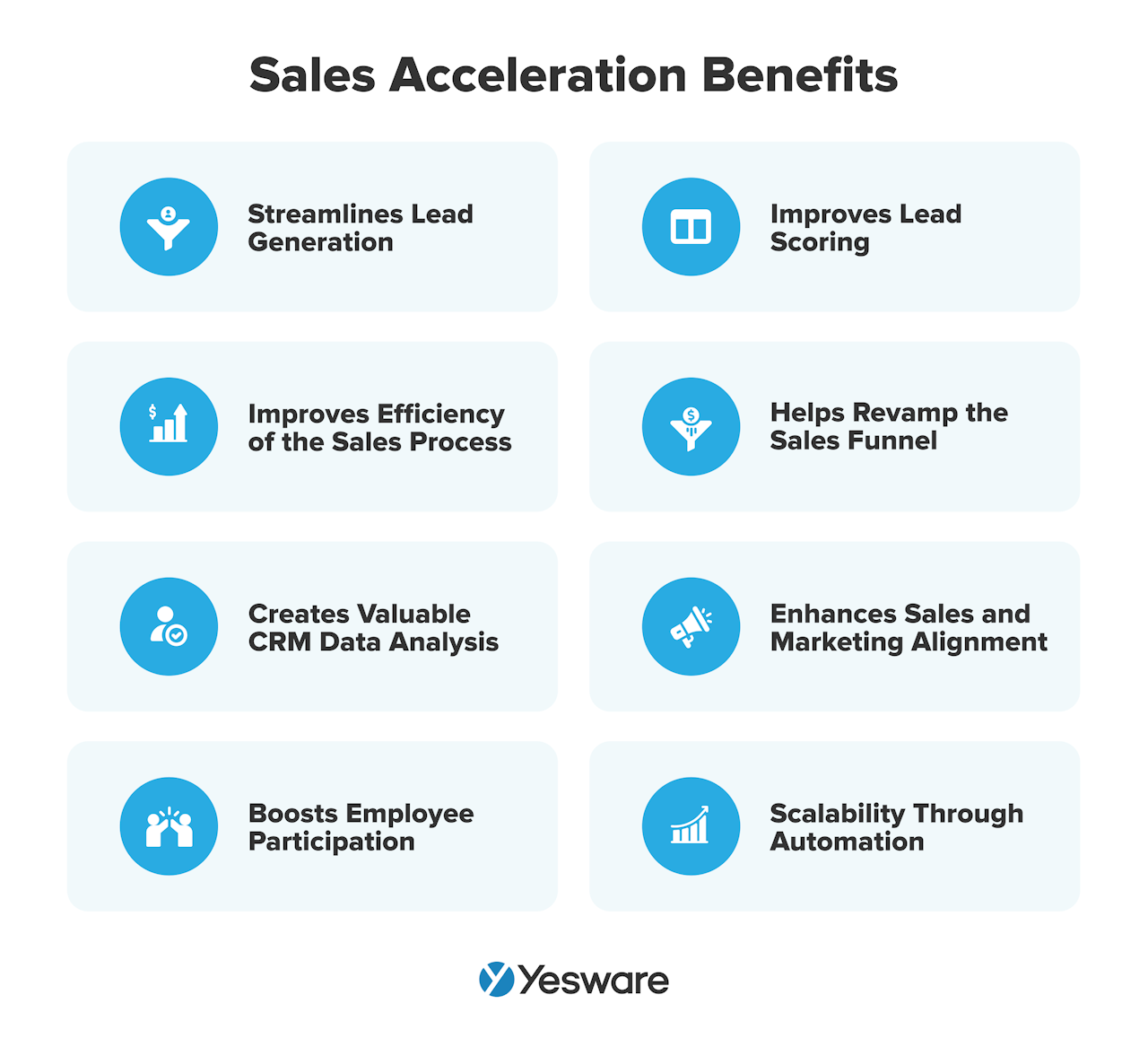
Streamlined Lead Generation
Much of sales acceleration focuses on improving lead generation. That makes sense — the more well-matched leads your reps can generate, the more opportunity they have to close high-value deals.
But sales acceleration isn’t just about lead volume. Sales acceleration strategies also need to focus on attracting the right leads and streamlining the large number of them entering the pipeline. That way, they each get the unique approach and content they specifically need in order to move through the pipeline efficiently.
Sales Efficiency
Sales acceleration improves the overall efficiency of the sales process. With the right lead data, sales reps can efficiently score, route, and nurture leads so that the order of priority is fully optimized; each lead moves at exactly the right pace for their needs.
Valuable CRM Data Analysis
Accelerating sales isn’t just about speed — accuracy is just as important.
Sales acceleration initiatives encourage sales teams to dig into their CRM data and figure out what moves the needle for your most successful accounts.
Teams that are good at sales acceleration know that data is the engine for acceleration; the better your team understands the ins and outs of its prospects and customers, the more quickly it can accelerate sales.
Boosted Employee Participation
Sales acceleration is exciting and engaging. Most sales reps are eager to get involved with sales acceleration initiatives for a number of reasons (the potential additional commission from increased sales doesn’t hurt!).
This is great news for employee engagement rates, and engaged employees are very valuable for your business.
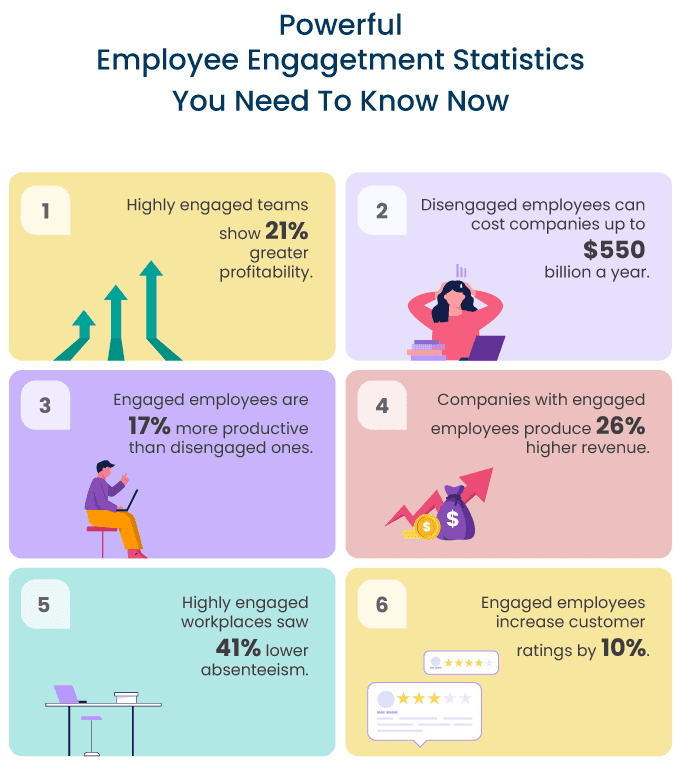
Sales acceleration encourages employee engagement and hands-on participation in improving the team’s results.
Effective Lead Scoring
Many sales acceleration strategies rely on lead scoring to move prospects through the funnel with confidence and efficiency.
Lead scoring is the process of assigning values (positive or negative) to demographic, firmographic, technographic, and behavioral attributes of leads. 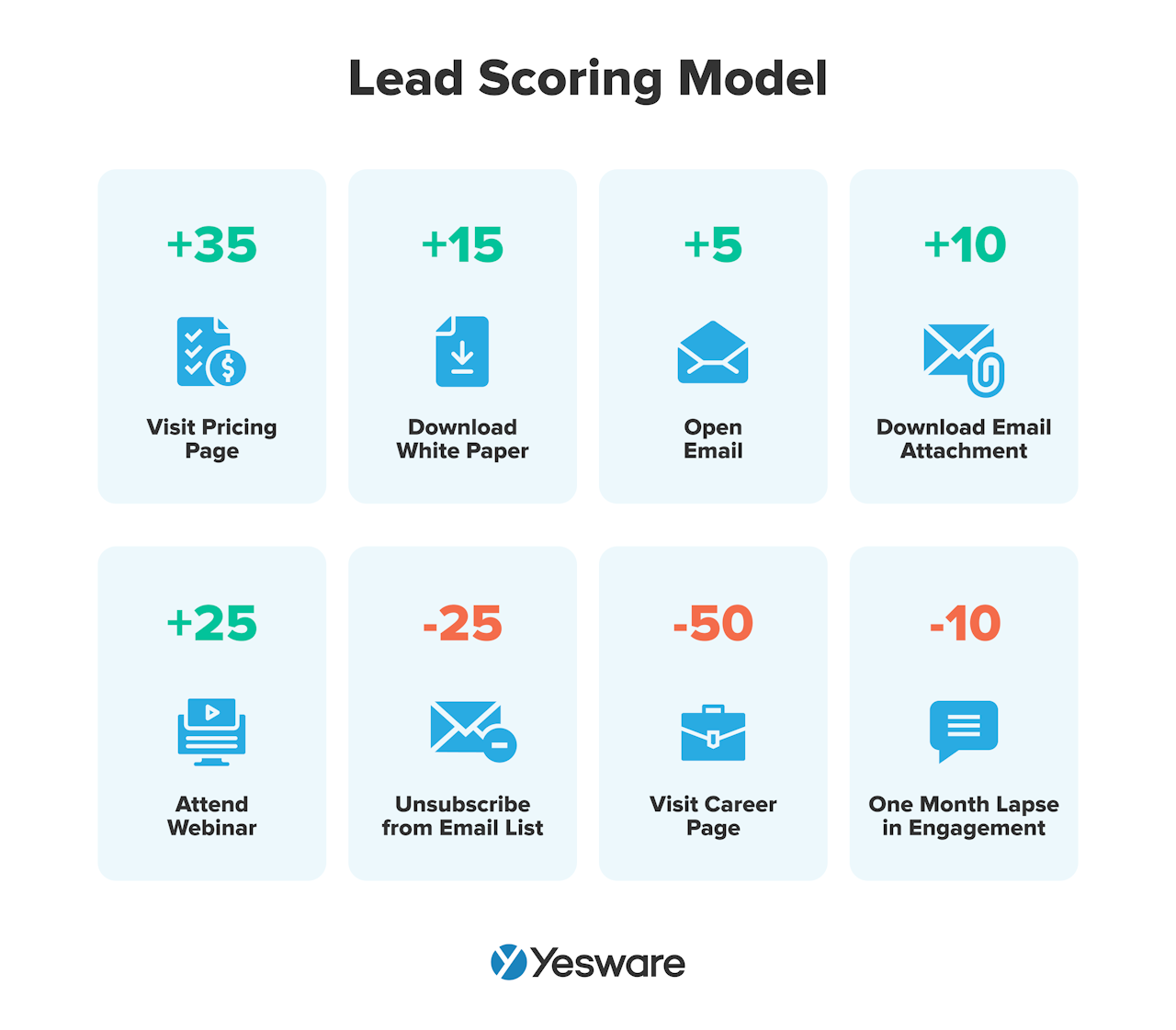 Lead scoring helps sales reps prioritize which leads to contact and when. It helps them make quick work of researching important prospect attributes so they can personalize the pitch when it counts the most.
Lead scoring helps sales reps prioritize which leads to contact and when. It helps them make quick work of researching important prospect attributes so they can personalize the pitch when it counts the most.
Enhanced Sales and Marketing Alignment
A sales acceleration strategy works best when sales and marketing are aligned, which creates a multitude of other benefits for your organization. 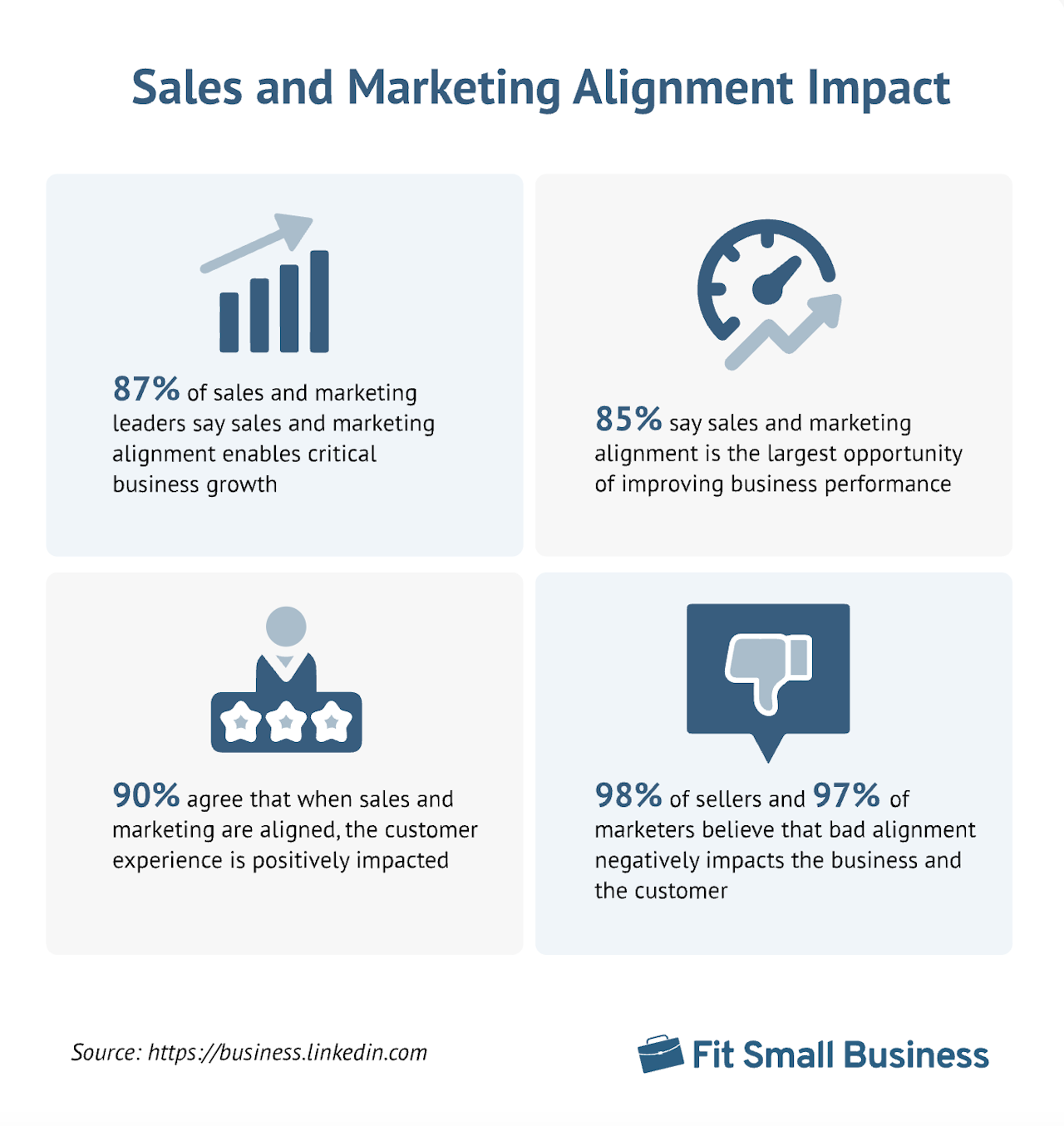 Email tracking is one sales acceleration strategy that helps sales and marketing come to a better common understanding of which messaging and content resonates most with the target market.
Email tracking is one sales acceleration strategy that helps sales and marketing come to a better common understanding of which messaging and content resonates most with the target market.
As sales and marketing refine their messaging, the sales funnel becomes more optimized.
Scalability Through Automation
Sales acceleration is all about automation. Sales can’t grow quickly when reps and management are bogged down with manual, redundant tasks like data entry, generating quotes, and processing orders.
Instead, sales technology can give teams real-time alerts that indicate certain sales triggers (e.g., filling out a form, requesting a demo, or booking a meeting) so that they can capitalize when the lead is hot. This allows sales reps to successfully connect with prospects at strategic times, at scale.
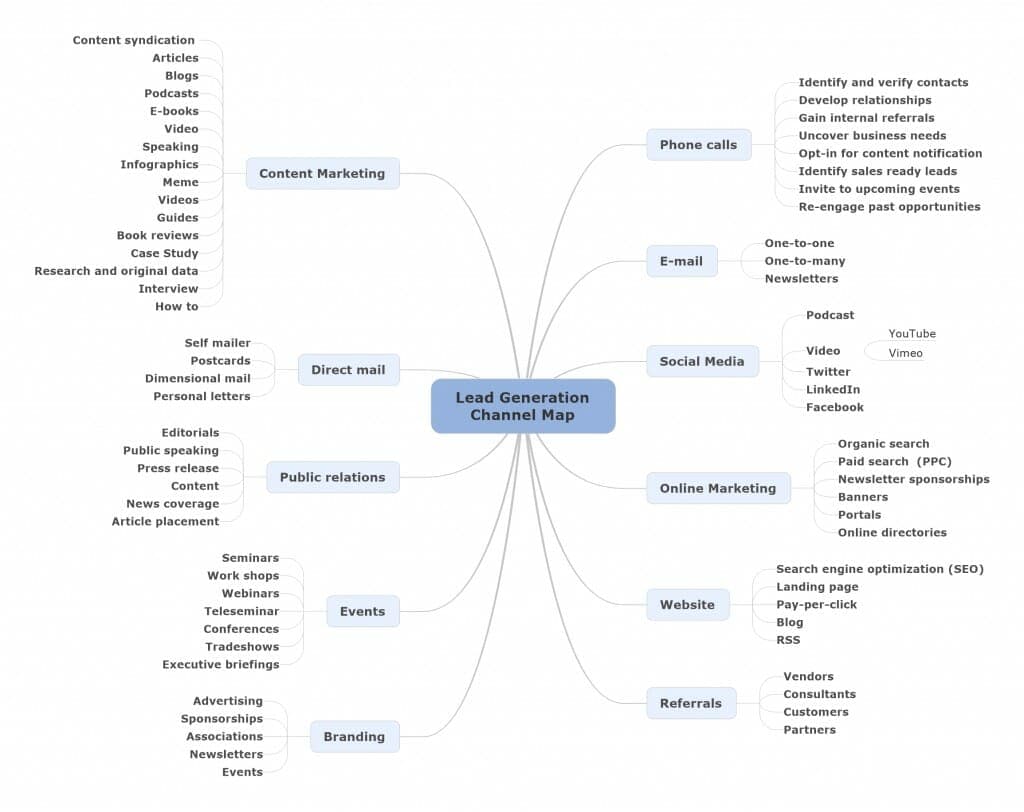
Traditional vs. Accelerated Sales Process
The way reps sell has drastically changed over the years. We break down the various differences between traditional and accelerated sales below.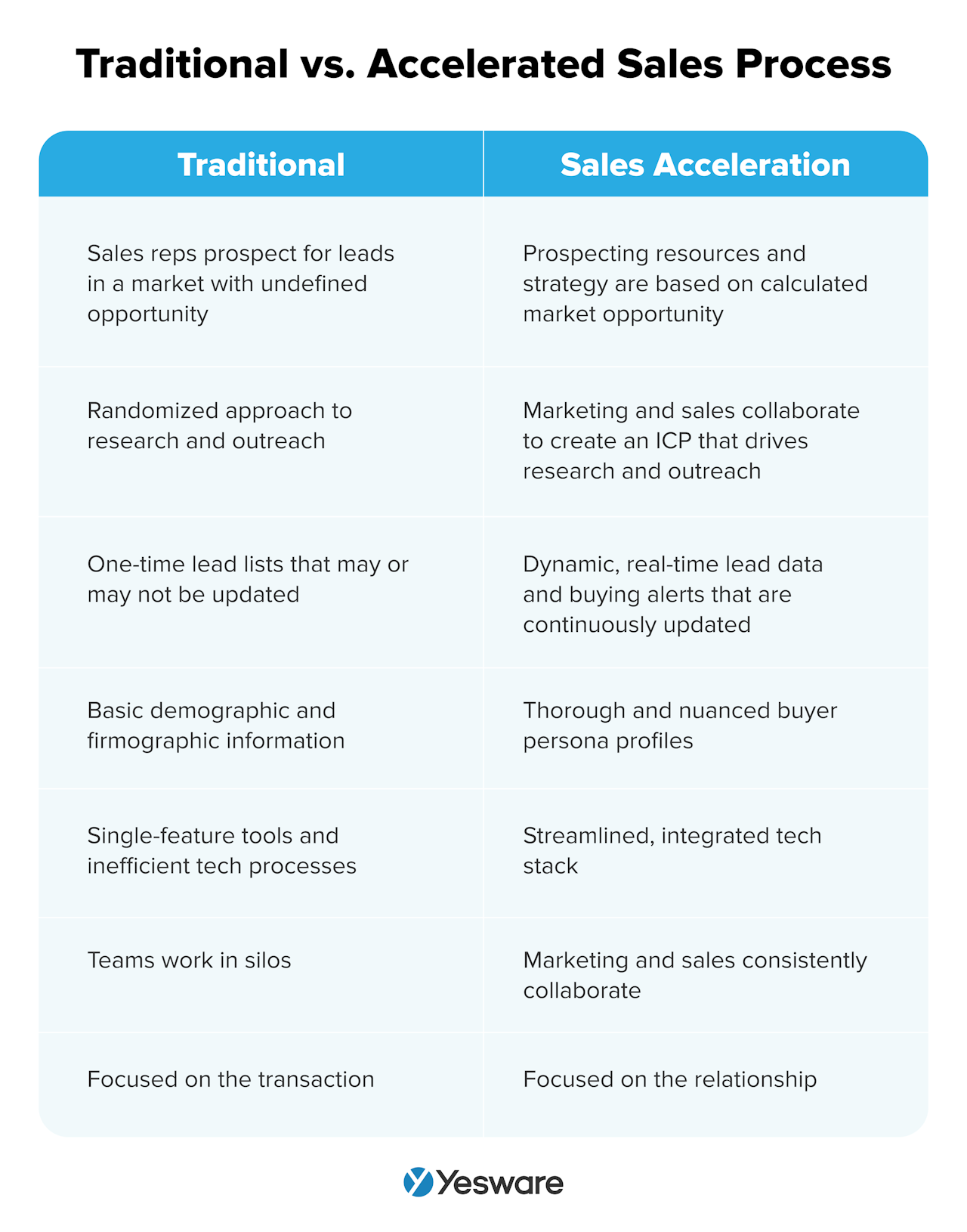 Sales acceleration creates a more refined and data-backed sales process. It allows sales reps to move faster on top of delivering highly customized experiences to buyers.
Sales acceleration creates a more refined and data-backed sales process. It allows sales reps to move faster on top of delivering highly customized experiences to buyers.
How to Develop a Sales Acceleration Strategy
Implementing a sales acceleration strategy is relatively straightforward — at least on paper. There are three key components to successfully developing a sales acceleration strategy:
- Current Sales Performance + Goals: Outline your current sales process and use benchmark data to develop specific forward-looking KPIs and growth goals. Make the extra effort to design your strategy around responding to leads as quickly as possible — 78% of sales go to the first seller to respond to prospect outreach.
- Technology Tools: Use the right combination of sales tools to help you meet your acceleration goals. Add to your tech stack as needed.
- Team Compliance: Train your reps with the skills they need to be successful in your sales acceleration strategy. Sales managers should take on the role of sales coach in order to fully reap the benefits of a sales acceleration strategy.
Of course, putting these three pieces in place will naturally be slightly more challenging in practice than it seems at first glance. The process of accelerating sales is a long-term one and one that will likely require several iterations on the process until it’s fully optimized.
How Does Sales Acceleration Fuel Growth?
Developing a sales acceleration strategy is one of the best ways to reliably scale — and consistently exceed — your business’s revenue goals.
At the core of its usefulness is the fact that a sales acceleration plan defines and formalizes the sales process. This alone can be transformative to a team’s bottom-line results — research shows that most high-performing sales teams rely on structured sales processes for their success.
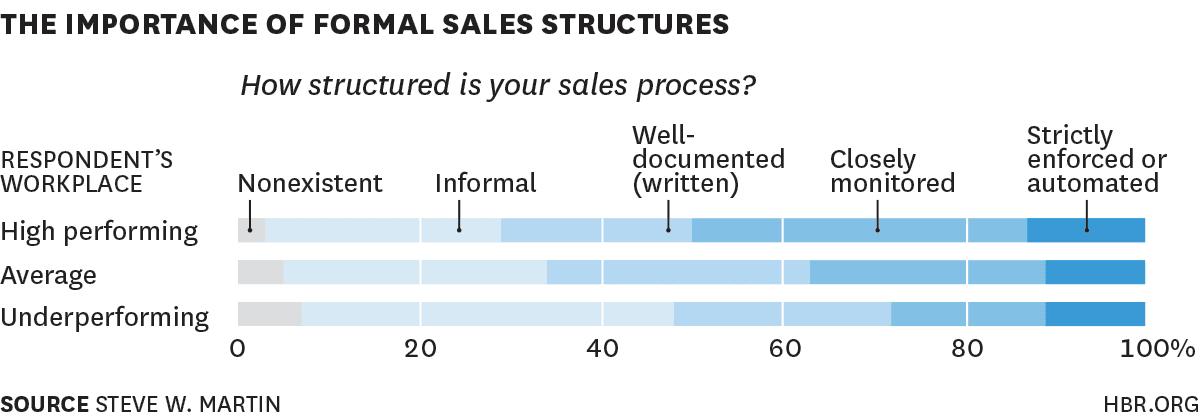
But sales acceleration is a lot more than just the development of a structured sales process — it’s also about optimizing the process and then executing it again and again, reliably and at warp speed.
Today’s B2B sales cycle is increasingly complex; with that complexity comes a longer decision-making time for purchases. B2B sales research shows that smaller deals can take as long as 3 months, with many larger ones taking closer to 9 months to successfully close.
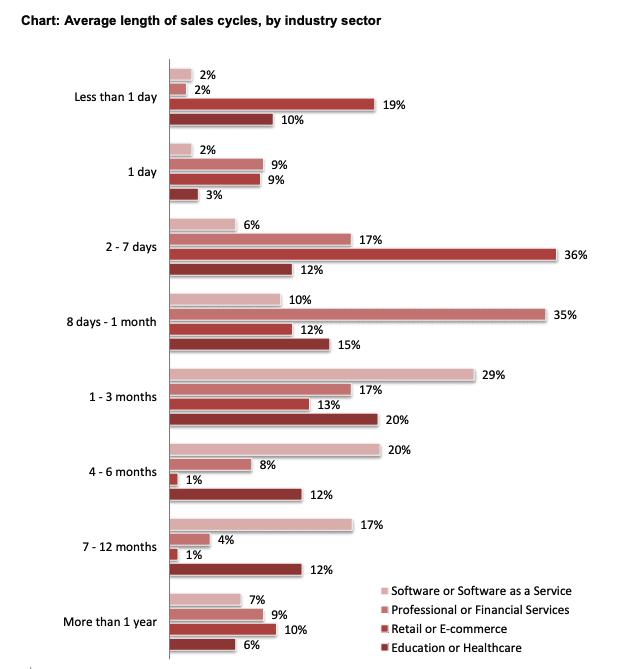
Although many sales reps will tell you that relationships are king, the competitive edge a company can gain by closing deals with more speed cannot be understated.
And with the average B2B sale requiring 8 touchpoints, it’s imperative that sales reps and marketers deploy a carefully considered strategy around how to interact with prospects, when to do so, and with what sales collateral.
The better sales reps understand their touchpoint strategy and the appropriate cadence to follow in order to execute it, the readier they will be to meet prospects where they are in the buyer’s journey. 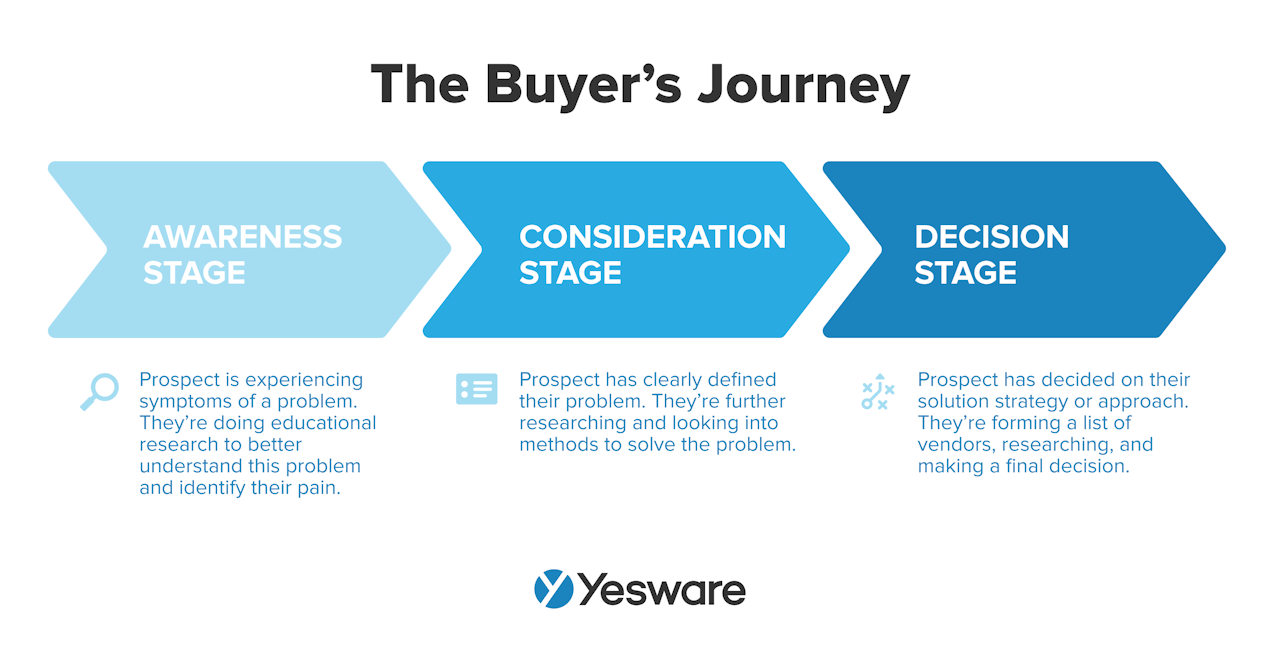 Sales acceleration enables sellers with the relationship-building content they need to deliver for each prospect to move forward in the sales funnel.
Sales acceleration enables sellers with the relationship-building content they need to deliver for each prospect to move forward in the sales funnel.
In sum, a good sales acceleration strategy focuses on the data, analysis, and resources that teams need to close more high-quality deals more quickly.
Tools for Sales Acceleration
Fortunately, a sales acceleration strategy is a relatively straightforward goal — as long as teams have access to the right tools.
In fact, sales acceleration usually doesn’t even require the resources of a brand-new team; a well-equipped sales enablement team should be able to develop a sales acceleration process with the right technology support. Here is a basic three-step process for developing your strategy:
- Assess: Identify the parts of your sales process that are currently functioning productively, as well as those that aren’t. Use numerical data from sales dashboards, as well as anecdotal from interviews with team members from many different departments (e.g., sales, marketing, sales enablement, sales operations, etc.).
- Plan: Develop a strategy for removing all roadblocks and inefficiencies in your sales process. Define what needs to be done, who will be responsible for each step, and exactly how the strategy will play out in real time.
- Execute: Put your strategy into action. Track, measure, and analyze your team’s performance, and use the data to iterate on the process until it’s fully optimized. This is not intended to be a one-and-done process by any means, nor is it meant to be a guess-and-test approach. Use data to intentionally drive your refinement approach.
Fortunately, there are many tools on the market today that will prime your tech stack for super-charged sales acceleration. These tools are designed to give salespeople easy access to business data exactly when they need it, so they can close more deals more efficiently.
Tip: We built a blueprint to help you build out a successful tech stack for your business.
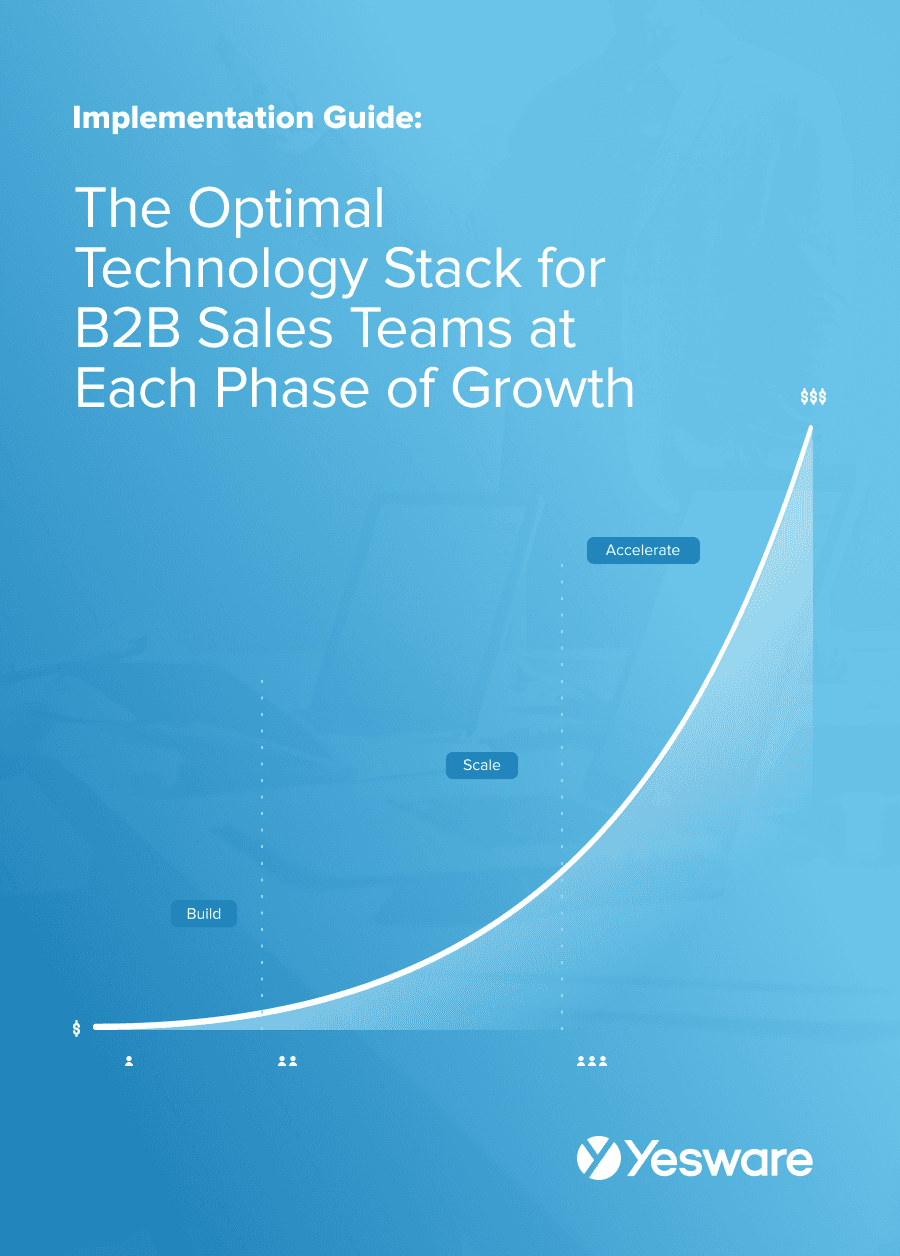 The Optimal Technology Stack for B2B Sales TeamsUsing data from the most successful business-scaling models, we designed a blueprint for the exact technology your business needs at each phase of growth.
The Optimal Technology Stack for B2B Sales TeamsUsing data from the most successful business-scaling models, we designed a blueprint for the exact technology your business needs at each phase of growth.
Communications and Email Tools
At the most basic level, effective sales acceleration relies on highly reliable and efficient communication with prospects.
Make sure your team has access to and is fully trained in the capabilities of the following tools:
- An email client, ideally one that’s specifically designed for businesses
- Web or video conferencing platforms
- Any chat platforms used by either your teams or customers
- A sales enablement platform that organizes and intelligently selects content and other sales collateral
Your teams should also have access to basic “smart” email features — things like scaled-outreach automation, email engagement analysis, and real-time activity alerts (see example below of Yesware’s email tracking).
![]()
These kinds of tools help all teams communicate clearly with one another and with prospects and improve alignment between all parties involved in the sales process.
CRM and Lead Tracking
Any sales acceleration strategy will also rely on a capable CRM system (and effective CRM strategy). 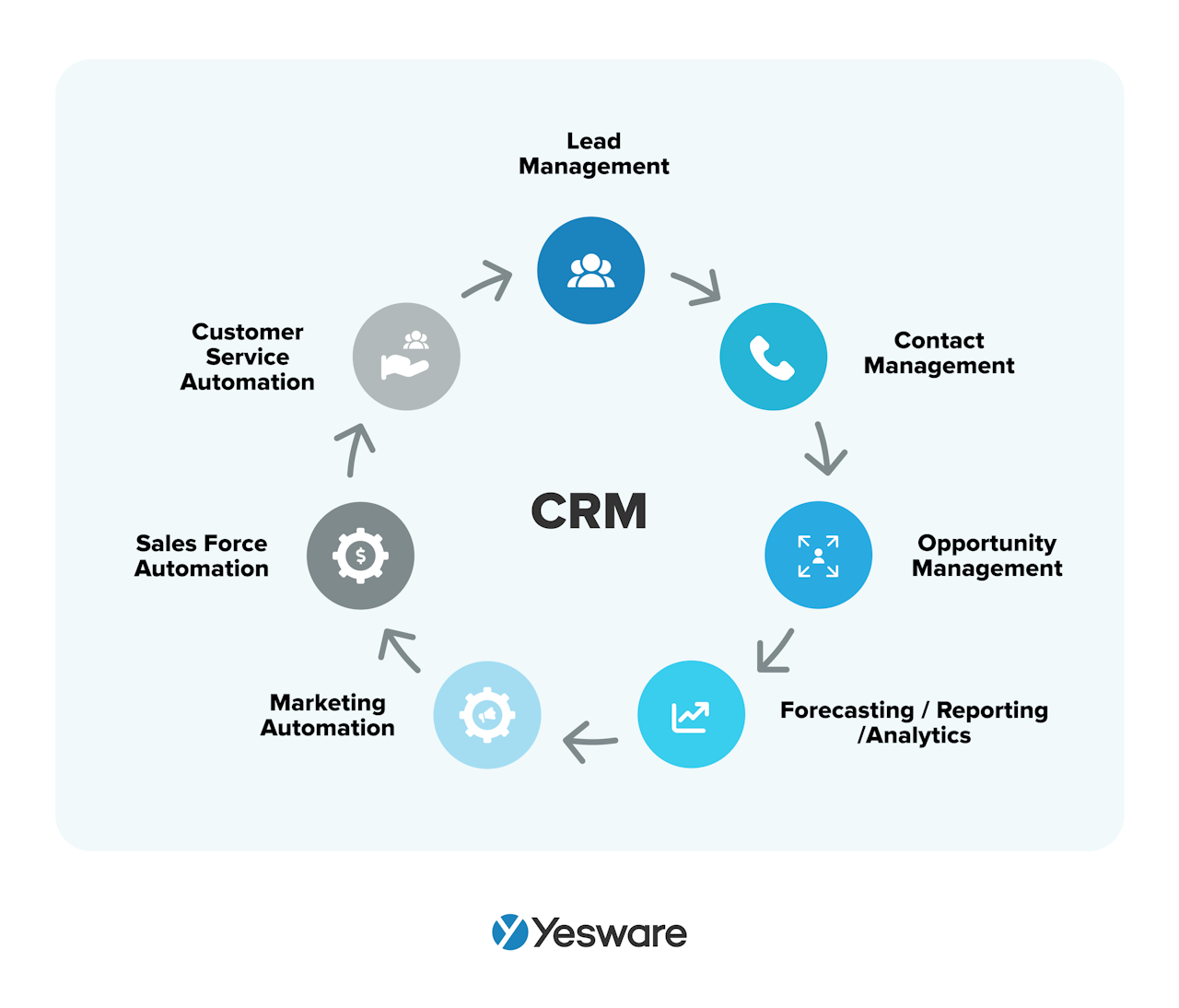 Sales acceleration strategies also rely on software that supports lead generation and/or lead tracking.
Sales acceleration strategies also rely on software that supports lead generation and/or lead tracking.
Here are some examples of lead generation tools: 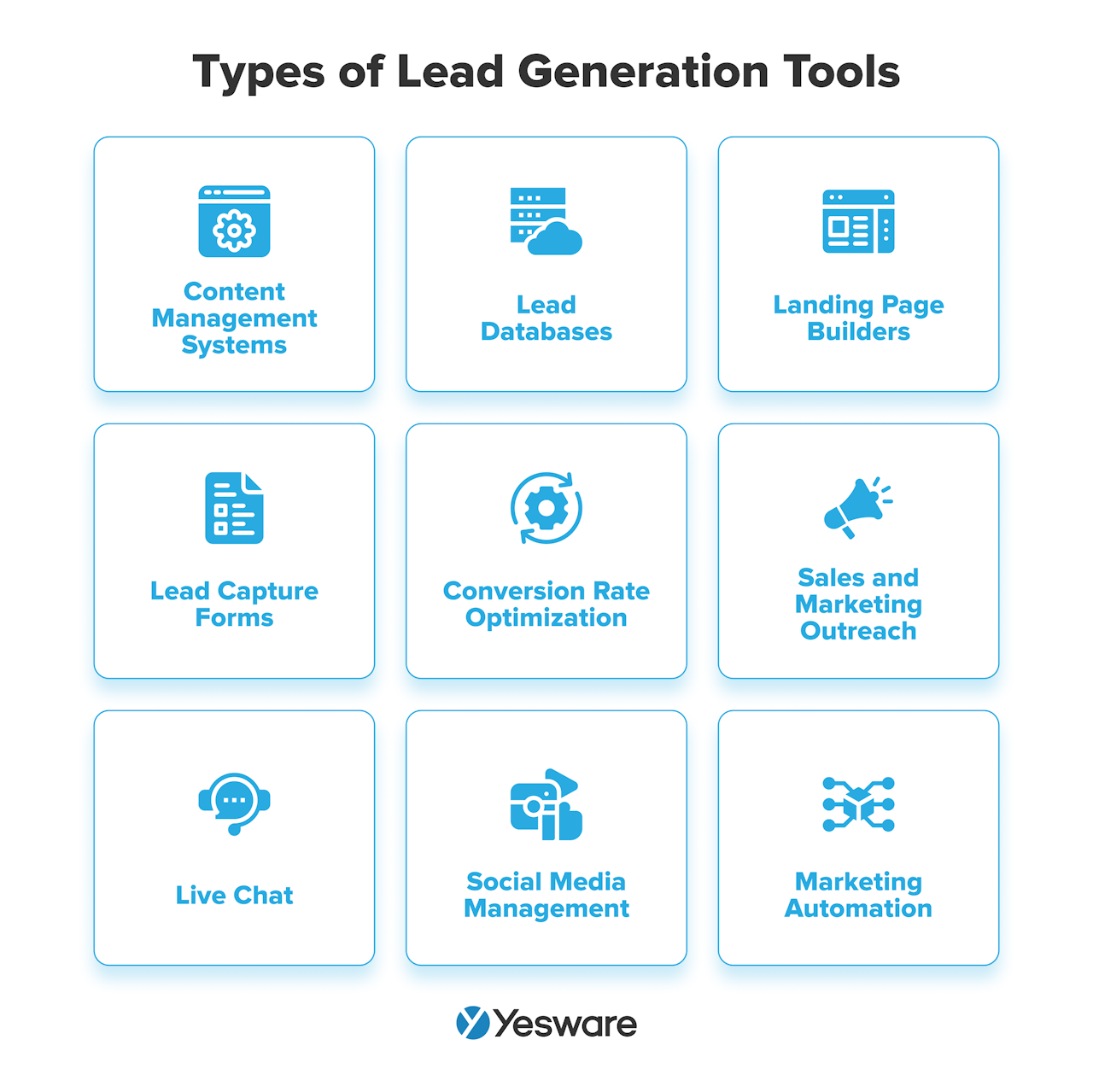 The CRM system is a crucial component of closing deals more quickly — it stores and manages all relevant buyer interactions and provides timely, reliable data insights throughout the sales process. It gives sales reps a clear overview of the buyer’s journey from prospect to customer.
The CRM system is a crucial component of closing deals more quickly — it stores and manages all relevant buyer interactions and provides timely, reliable data insights throughout the sales process. It gives sales reps a clear overview of the buyer’s journey from prospect to customer.
Other tools — lead generation, lead scoring, and lead routing systems, for example — can bring more automation and expedited results to the process of finding, nurturing, and prioritizing leads and opportunities.
Lead tracking software can help sales reps identify the level of engagement for each prospect and determine their next step accordingly.
Reporting and Analytics
Of course, sales acceleration would be a moot point without robust data and analytics to guide the strategy in the first place.
The tools in your tech stack should gather and analyze data throughout the sales process to offer clear, thorough, and actionable insights around sales engagement and overall business intelligence. These insights are the direct drivers to increasing the speed at which deals are won.
For example, tools like Yesware provide users with data that helps them understand what is/isn’t working in their sales process.
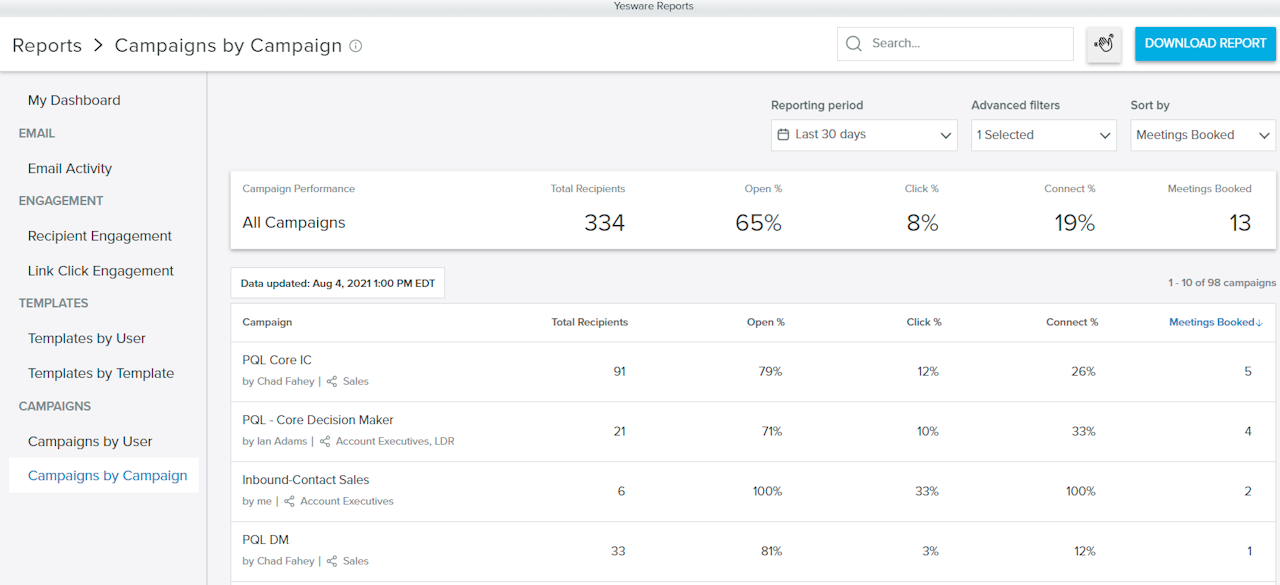
Tips for Implementing a Sales Acceleration Solution
Shifting to a sales acceleration strategy can feel challenging if you don’t know the specifics of how to do so. It’s important that reps adopt the mindset of moving through the sales cycle quickly but also authentically, thoughtfully, and with purpose.
The following tips can help you increase sales speed while maintaining integrity during the sales acceleration process.
Move to a Value-Based Pitch
Regardless of the nuts and bolts of your specific sales acceleration strategy, any will be hard to achieve without a solid value proposition. 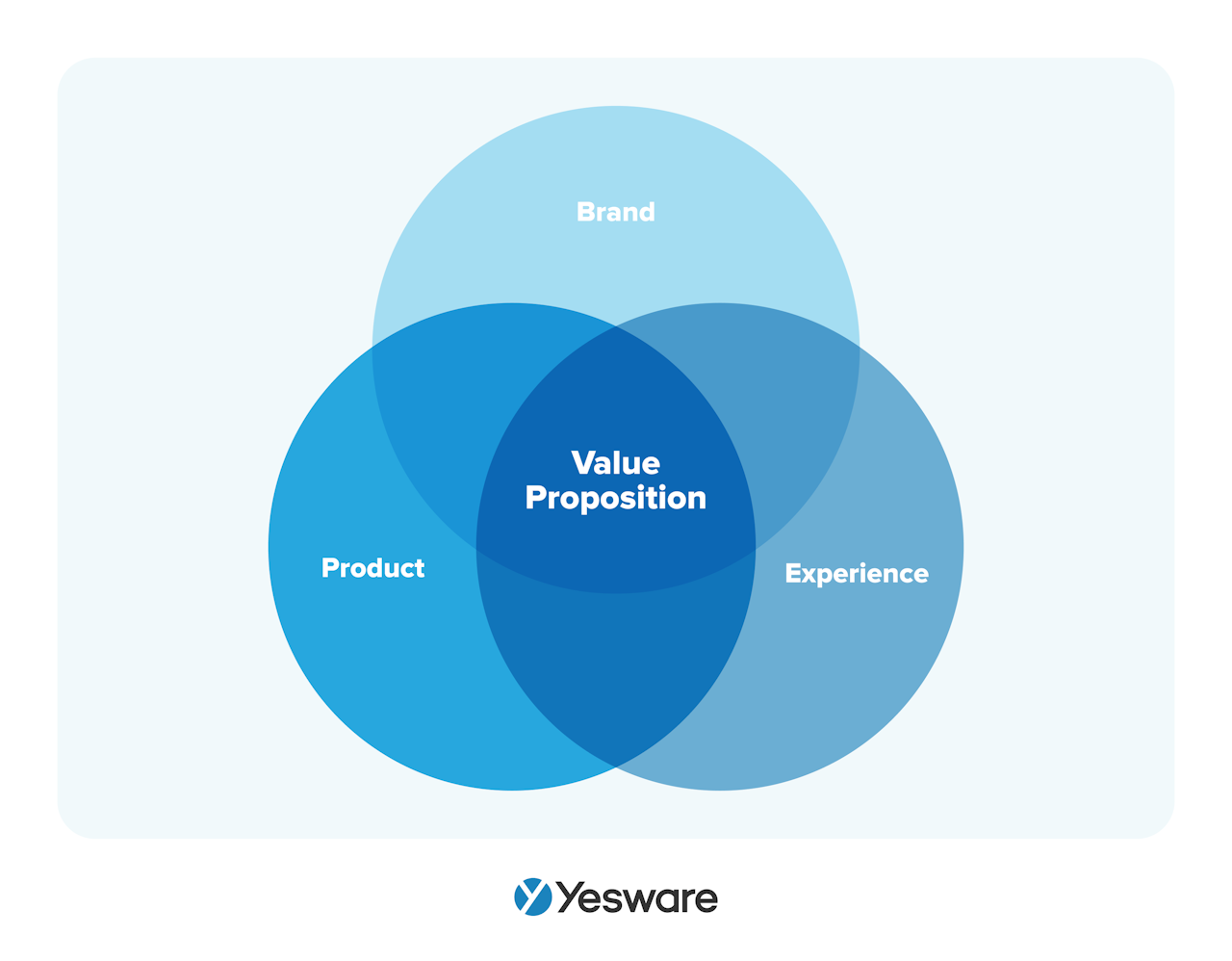 “Value” can be defined in a number of different ways — how you present this will depend on the needs of your prospect.
“Value” can be defined in a number of different ways — how you present this will depend on the needs of your prospect.
The takeaway here is that sales reps who stick with the traditional “features and benefits” approach to selling their product will likely struggle with gaining accelerated traction. Instead, reframe your selling points to highlight the value your product will bring to your prospect.
Shift From Manager to Coach
For an ever-ready, super-sharp sales acceleration strategy, sales managers should start brushing up on their coaching skills.
Fortunately, sales coaching is something that just about any manager can learn to do — no special skills or degrees are required. And the results can be dramatic. 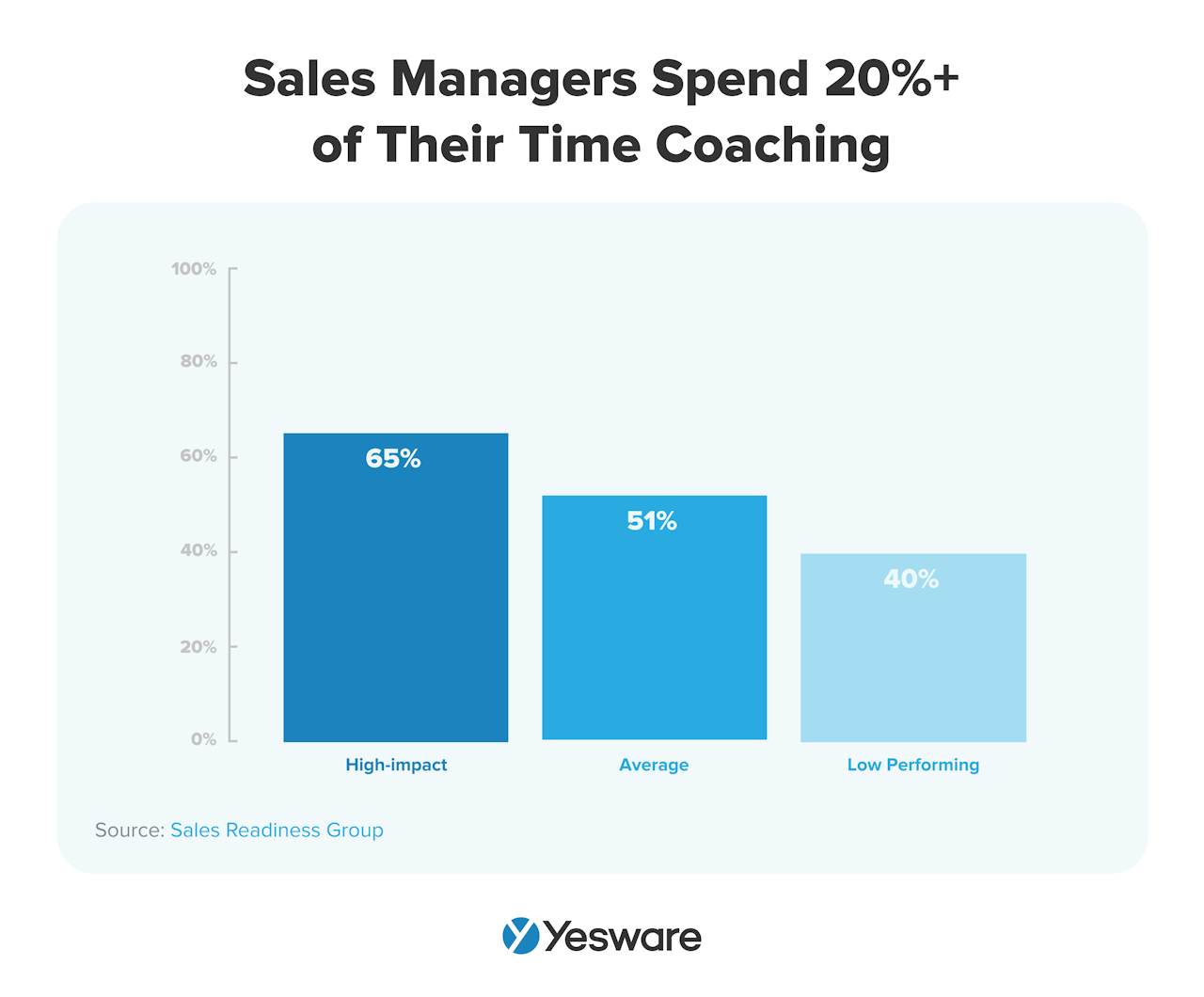 A sales acceleration strategy stands the best chance of success if sales managers coach their reps through the process long-term.
A sales acceleration strategy stands the best chance of success if sales managers coach their reps through the process long-term.
Use Data
In a sales acceleration strategy, data acts as the North Star. Use recent sales benchmarks and KPIs to help your team assess their current level of performance. From there, build SMART sales goals to outline where you want to be as your sales begin to accelerate. 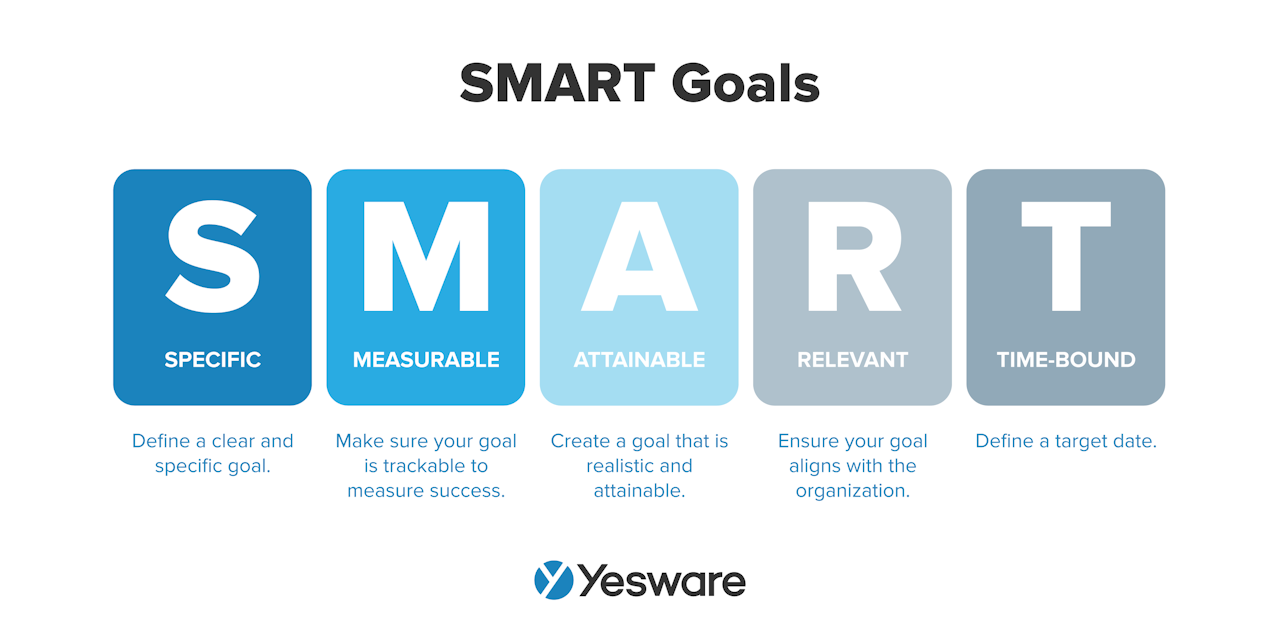 Remember, sales acceleration is decidedly NOT a rushed, let’s-see-how-fast-we-can-do-this approach. It’s a targeted, data-driven approach to executing deals more authentically and more efficiently.
Remember, sales acceleration is decidedly NOT a rushed, let’s-see-how-fast-we-can-do-this approach. It’s a targeted, data-driven approach to executing deals more authentically and more efficiently.
Automate Everything
Did you know that sales reps spend only 36% of their time on revenue-generating activities? The vast majority of a sales rep’s time is spent on administrative and menial tasks that do not drive the sales cycle forward.
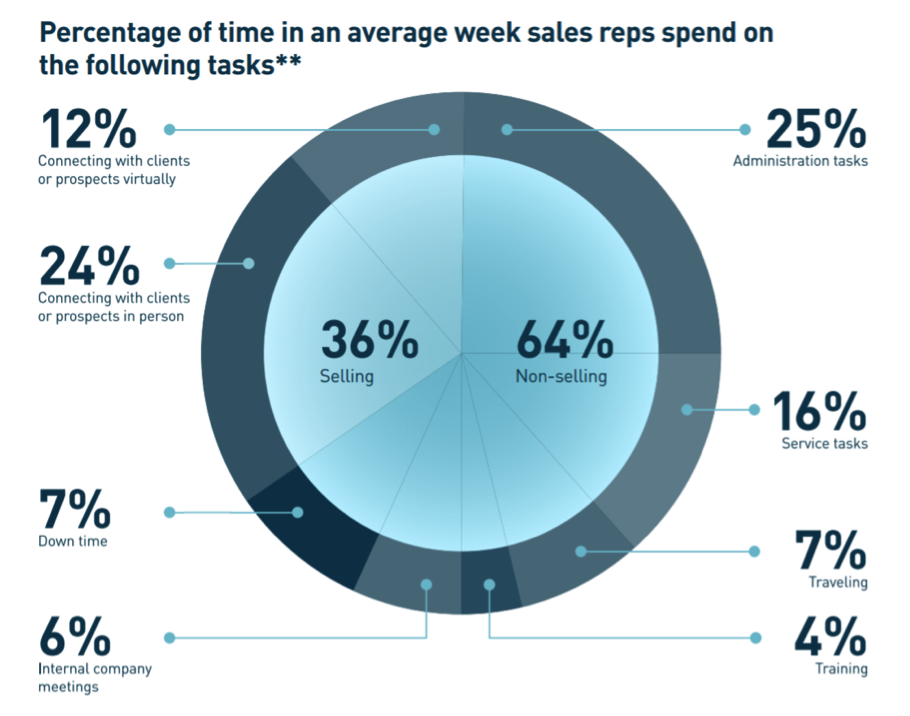
Sales enablement platforms are built to alleviate some of this burden for salespeople. This kind of software can automate these time-consuming tasks, while also improving the process of connecting with prospects through content.
Align Teams
Another lynchpin in the sales acceleration process is the cohesive alignment of all of your go-to-market teams.
Sales, marketing, sales enablement, sales operations, account management, and customer success all need to collaborate to clarify each player’s roles, responsibilities, and collaborative contributions.
Does your team have a sales acceleration strategy? What tactics can you implement to improve the process?
This guide was updated on November 28, 2023.
Get sales tips and strategies delivered straight to your inbox.
Yesware will help you generate more sales right from your inbox. Try our Outlook add-on or Gmail Chrome extension for free, forever!
Related Articles
Casey O'Connor
Casey O'Connor
Anya Vitko
Sales, deal management, and communication tips for your inbox
